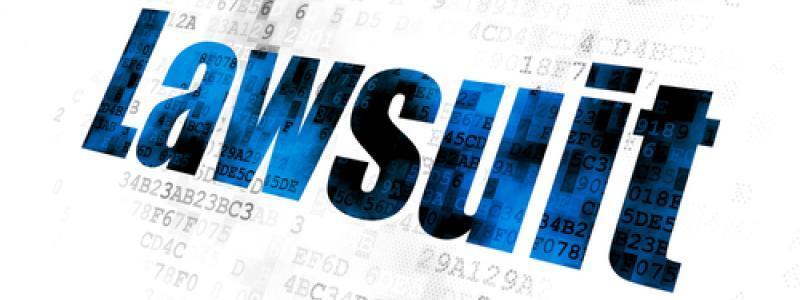A Trio Of News Groups Sue The FBI To Uncover Truth Behind iPhone Hacking

The Federal Bureau of Investigation (FBI) is facing a lawsuit filed against it by three news organizations. Indeed, Vice, the Associated Press and Gannett (parent company of USA Today) are all suing the agency because they want to learn how exactly the government was able to successfully hack into a particular iPhone unit used by one of the suspects involved in the San Bernardino shootings that happened in December of last year.
As reported by USA Today, these three news groups are trying to uncover details regarding the source of the security crack that was used by the FBI in the iPhone hack, plus information regarding government payments for it. The agency had declined to divulge any information to these organizations under the Freedom of Information Act.
In the lawsuit that the news groups filed, they posit that the American public has a right to know how the government spent tax money in order to acquire a hack that could bypass the iPhone’s security features. Moreover, the organizations argued that the presence of a hidden vulnerability in iPhone devices could put end users at risk, especially those who own mobile devices powered by Apple’s iOS mobile operating system.
Back in March early this year, the Department of Justice had made a startling announcement that it had acquired the services of an unidentified third party to provide assistance in hacking into a certain iPhone 5c unit owned by terrorist Syed Farook. At that time, the revelation had the effect of quickly ending the ongoing feud between the FBI and Apple, with the latter refusing to help the former break into Farook’s iPhone.
The controversy had famously sparked a debate between those in favor of protecting privacy rights and those that believe that maintaining homeland security should be the priority above everything else. One side argued that information stored in mobile devices should be kept in private, even from the government, while the other side pointed out that law enforcement can only do their job successfully (which is catching bad guys) if they can get full access to handsets for the purpose of gathering evidence against criminals.
And because the FBI never divulged how it hacked into the iPhone under investigation, experts were left speculating as to the specific method used. Needless to say, Apple was not happy about the fact that its security features were rendered ultimately useless (because a third party can hack an iPhone anyway). So were a lot of consumers who did not feel comfortable with the idea that their private data can be hacked after all.
Related Blog Articles
- Introducing Google Trips: Your Own Customized Travel Planner
- Comcast Partnering With Verizon Wireless To Launch Wireless Service Next Year
- Next Year’s iPhone: What To Expect
- No New Studio Wireless Headphones From Beats This Year
- Has Sprint Ended Its Leasing Program For Android Phones?
- Apple Looking To Turn HealthKit App Bundle Into Diagnostic Tool, And Not Just For Tracking
- Former Verizon Employee Pleads Guilty To Illegally Selling Customers’ Records
- Free Wi-Fi On Your Bus Coming Soon, Courtesy Of Google
- New JD Power Survey Ranks Apple Music As Number One Music Streaming Service
- If Spotify Successfully Buys SoundCloud, It Could Fully Stand Out Against Apple Music


 Menu
Menu